Main Content
Scallops and clams are likely to get more expensive to harvest off New Jersey, as commercial fishing vessels will soon have to compete for ocean space against offshore wind energy companies.
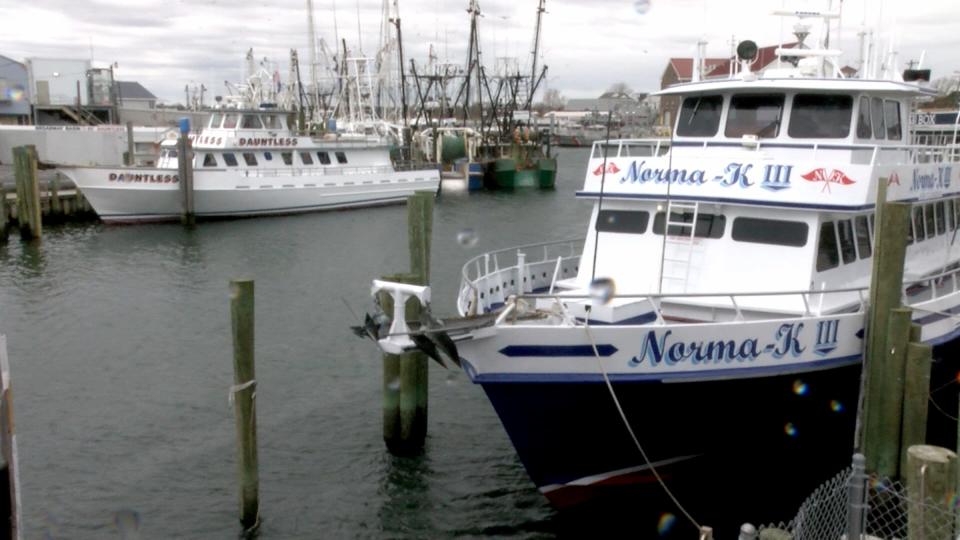
By HSRL Staff •
Scallops and clams are likely to get more expensive to harvest off New Jersey, as commercial fishing vessels will soon have to compete for ocean space against offshore wind energy companies.

By HSRL Staff •
WSP USA, an environment, engineering, and professional services consultancy, announced that it is collaborating with Rutgers University on a joint project to develop an engineered oyster reef ecosystem that will help protect coastlines from storm waves and erosion.
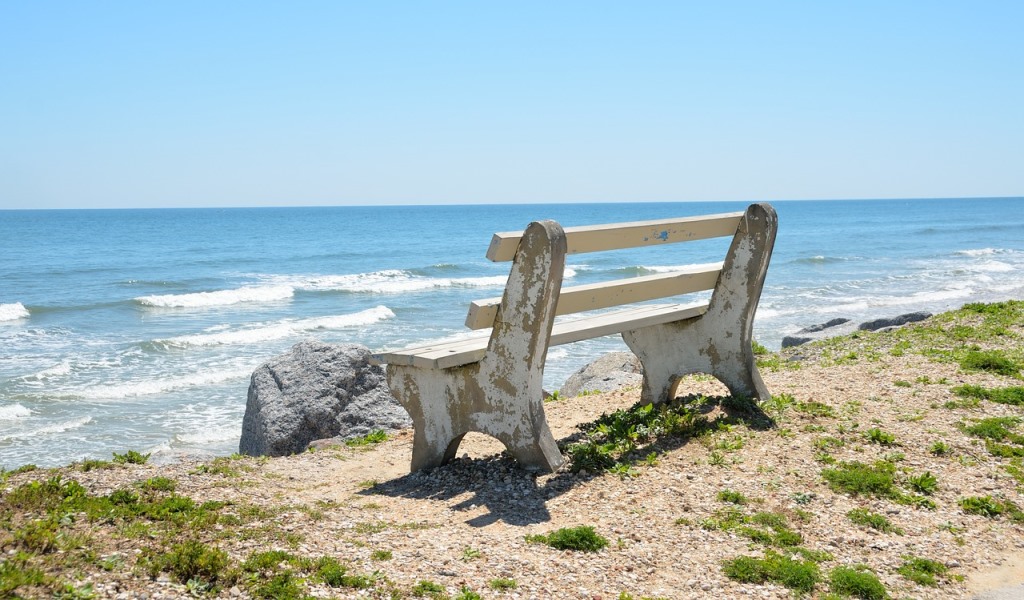
By HSRL Staff •
Rutgers University has partnered with the environmental engineering firm WSP USA to develop oyster beds that could also protect coastlines from storms, flooding, and erosion.
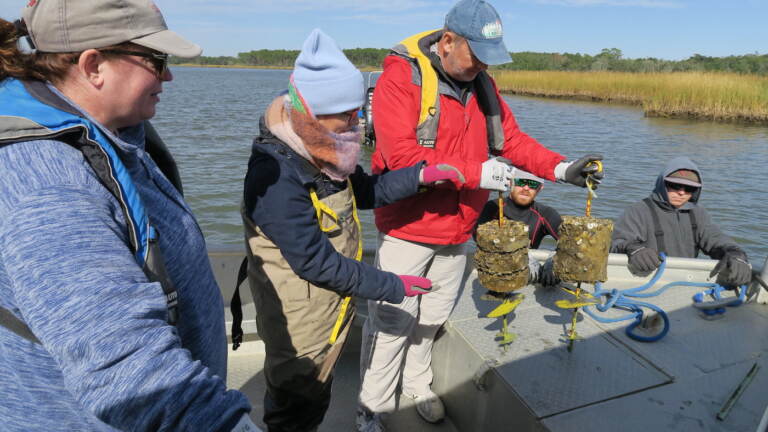
By HSRL Staff •
Rutgers Scientists and high school volunteers from Camden are using nature to mitigate the effects of coastal erosion in Southern New Jersey. They built a living shoreline near the New Jersey Aquaculture Innovation Center in Cape May that uses marsh grasses and recycled oyster and clam shells.
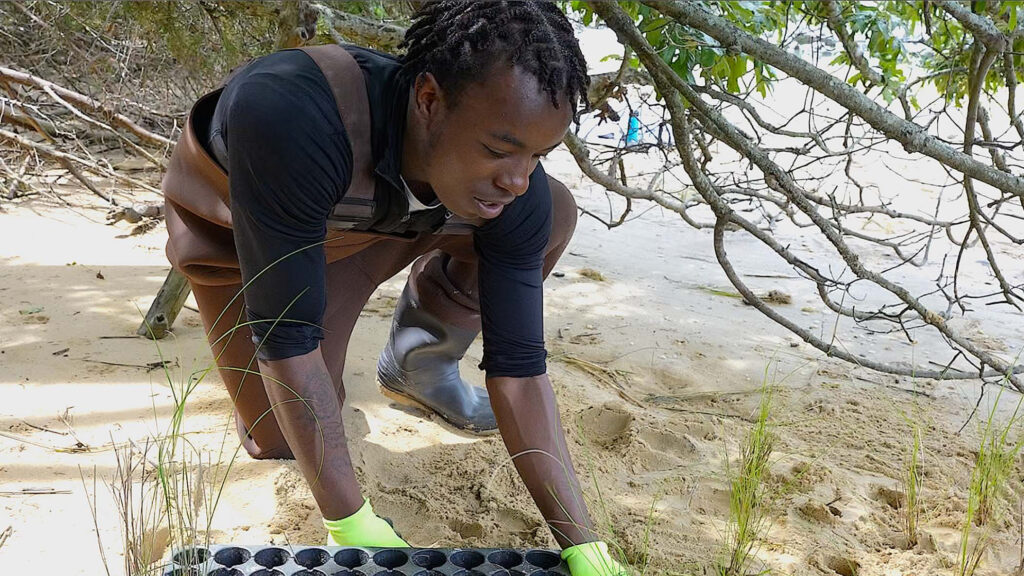
By HSRL Staff •
The university-led project is in response to a broader effort to protect critical coastal civilian and Department of Defense infrastructure and personnel at risk of climate change.
The Rutgers-led project, “Reefense: A Mosaic Oyster Habitat (MOH) for Coastal Defense,” will focus on oyster reefs in the Gulf Coast and combine novel cements and concretes with state-of-the-art shellfish breeding and the latest ecological engineering of shoreline habitats.
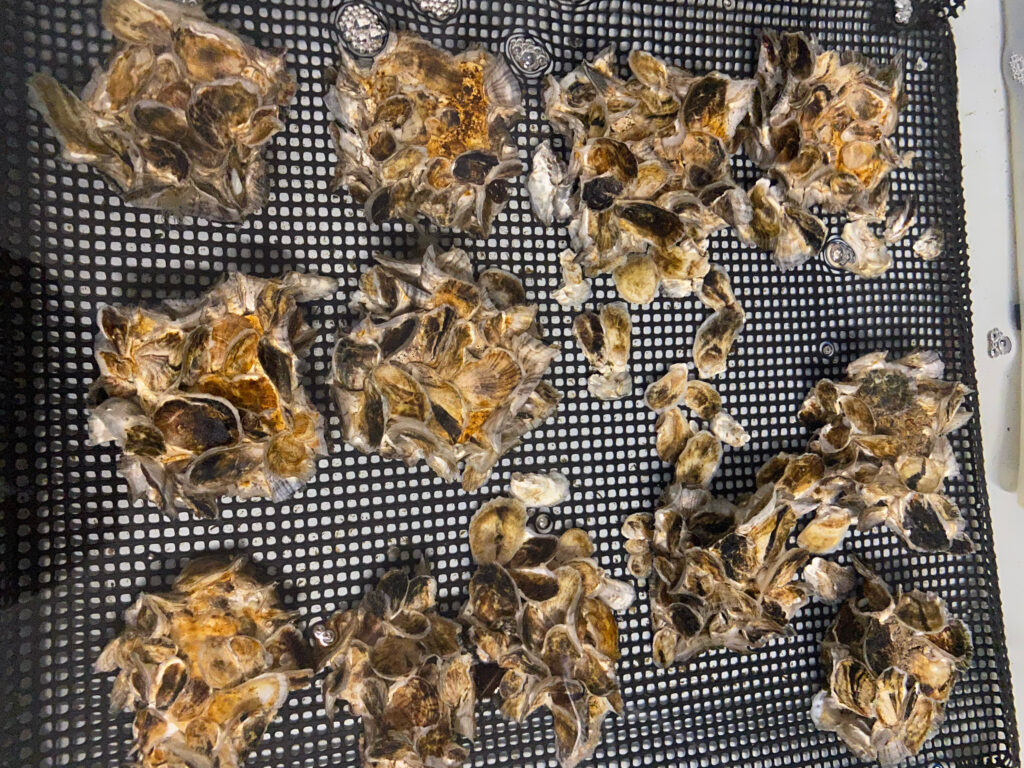
By HSRL Staff •
A consortium of scientists led by Rutgers University has developed a high-density DNA chip for the eastern oyster to better research and breeding.
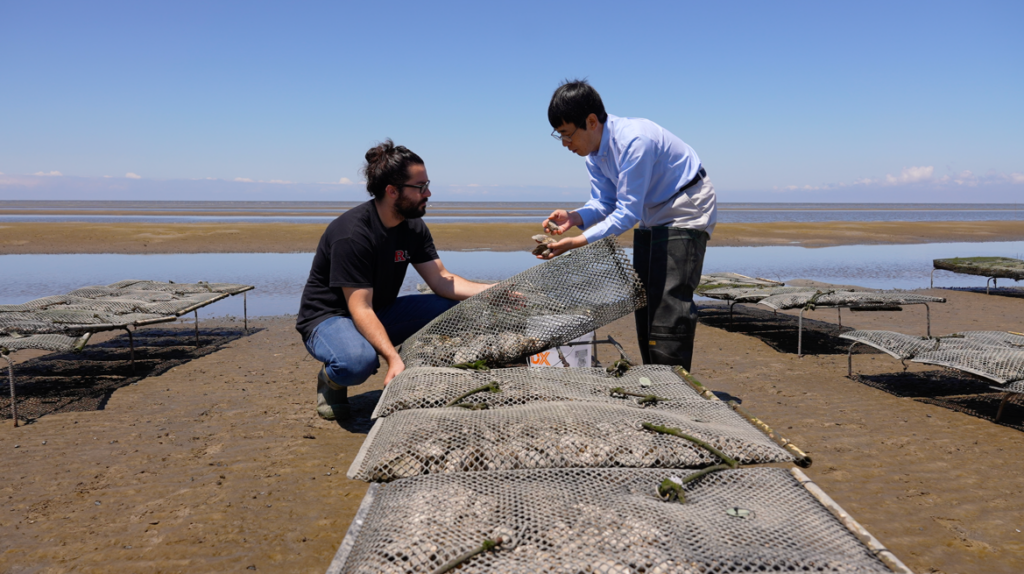
By HSRL Staff •
Congratulations to graduate student Sophia Piper, who has been selected for the inaugural 2022 NJDEA Graduate Research Fellowship! Over the next year, as a NJ Wind Institute Fellow, Sophia and 12 other Rutgers graduate students will be a part of a state-wide cohort that includes fellows from Montclair State University, New Jersey Institute of Technology, and Rowan University.
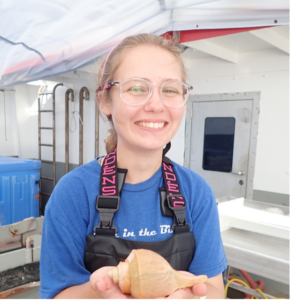
By HSRL Staff •
Congratulations to graduate student Alexandria Ambrose, who has been selected for the 2022 Downeast Institute (DEI) Summer Graduate Research Fellowship! Alex will spend 13 weeks in residence at DEI conducting research on habitat provisioning at shellfish farms. DEI is the easternmost marine research laboratory and education center in the U.S., and is a University of Maine marine field station.
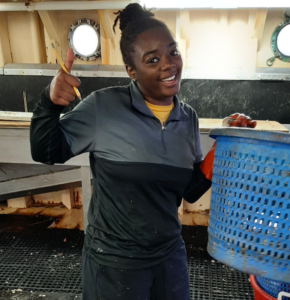
By HSRL Staff •
New Jersey Agricultural Experiment Station (NJAES) is a research and extension powerhouse that shares knowledge and best practices from its farms, labs, institutes and innovation hubs with residents and businesses in the state. Behind the scenes, NJAES teams are doing complex work that requires diverse skillsets, hands-on experience and keen problem-solving abilities.
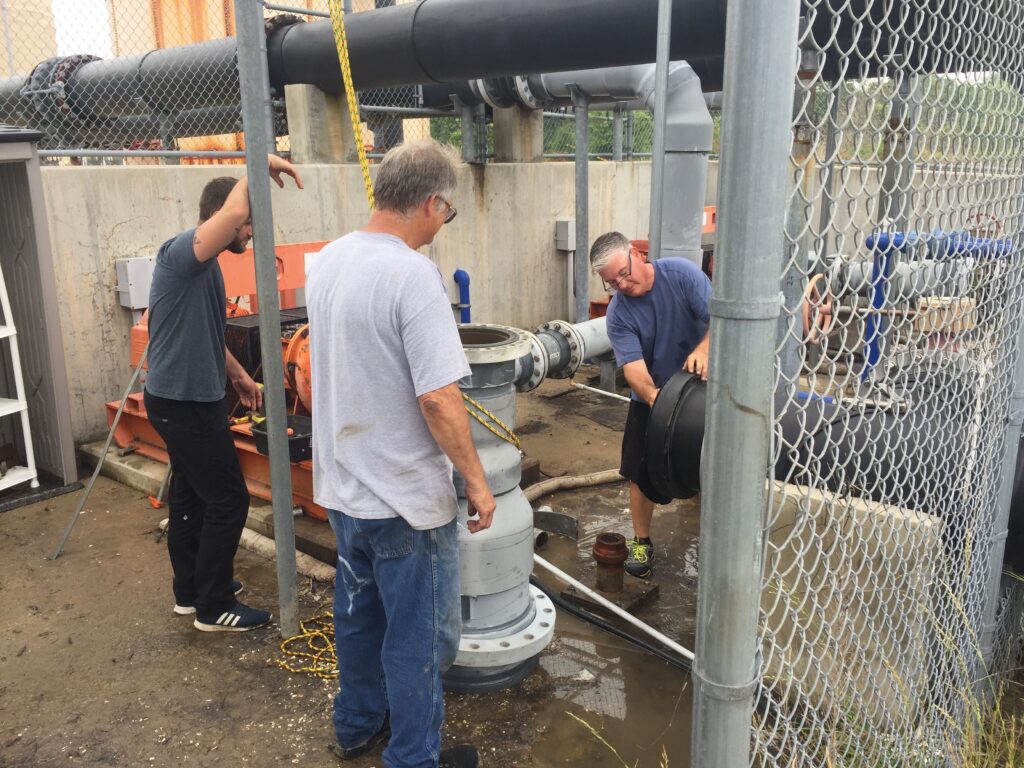
By HSRL Staff •
Reduce discard mortality of black sea bass caught in deep water using this venting fact sheet.